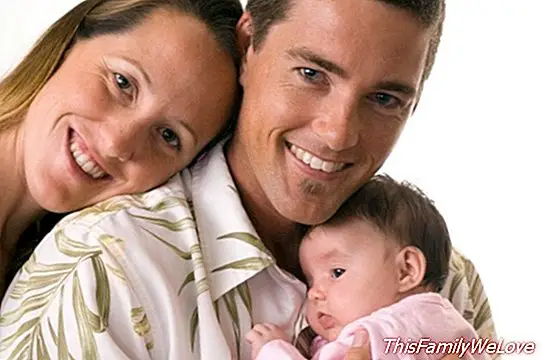France is the country with the most births in Europe

France currently leads the birth rate of the European Union with the highest fertility rate in Europe. According to the latest estimates of the National Institute of Economic Statistics (INEE), in France more than 2,200 children are born each day, a figure much higher than that of the rest of the EU countries.
France leads the fertility rate in Europe
While the average fertility rate in the countries of the European Union is below the average of 1.6 children per mother needed for population growth, France stands out with 2.01. It is followed closely by Ireland and the United Kingdom with 1.92, and Spain and Italy with 1.8 children per woman.
On the other side of the coin, Germany stands out with a fertility of 1.38. These data from Germany contrast with their population index. And is that Germany is still the most populous country in Europe, with 81,174,000 inhabitants, according to the latest census data.
The French demographic dynamism
The 818,565 French children born in 2014 consolidate the French leadership in the European continent, but it has a series of short-term disadvantages and indisputable advantages in the medium and long term. Specifically, in the short term the demographic growth has a high economic cost, since it is necessary an important investment for day-care centers, hospitals, social aid and schools. On the other hand, in the medium term, the demographic growth is a human capital that ensures the future of the country.
Several studies stress that France may become the most populous country in Europe in just fifteen or twenty years. Currently, France ranks second behind Germany with 66,352,469 inhabitants. It is followed by the United Kingdom with 64,767,115 inhabitants, Italy with 60,795,612 and Spain with 46,439,864 inhabitants.
How the aging of the population affects Europe
For decades, the OECD has been warning of an important problem: Europe needs more immigrants, if it does not want to be a victim of its collective aging. And it is that the aging and depopulation of Germany, Italy and Spain with its cut of human capital will affect the economy of the countries and their social and cultural dynamism. Perhaps that is the reason for the requests of solidarity of Angela Merkel before the arrival of 800,000 new immigrants and refugees.
On the other hand, the French demographic dynamism has a powerful state support and strong social and cultural roots. Support for the family has been a priority in most governments in a historic way, but it seems that François Hollande has been the first to start cutting back on other financial commitments.
Marisol Nuevo Espín




